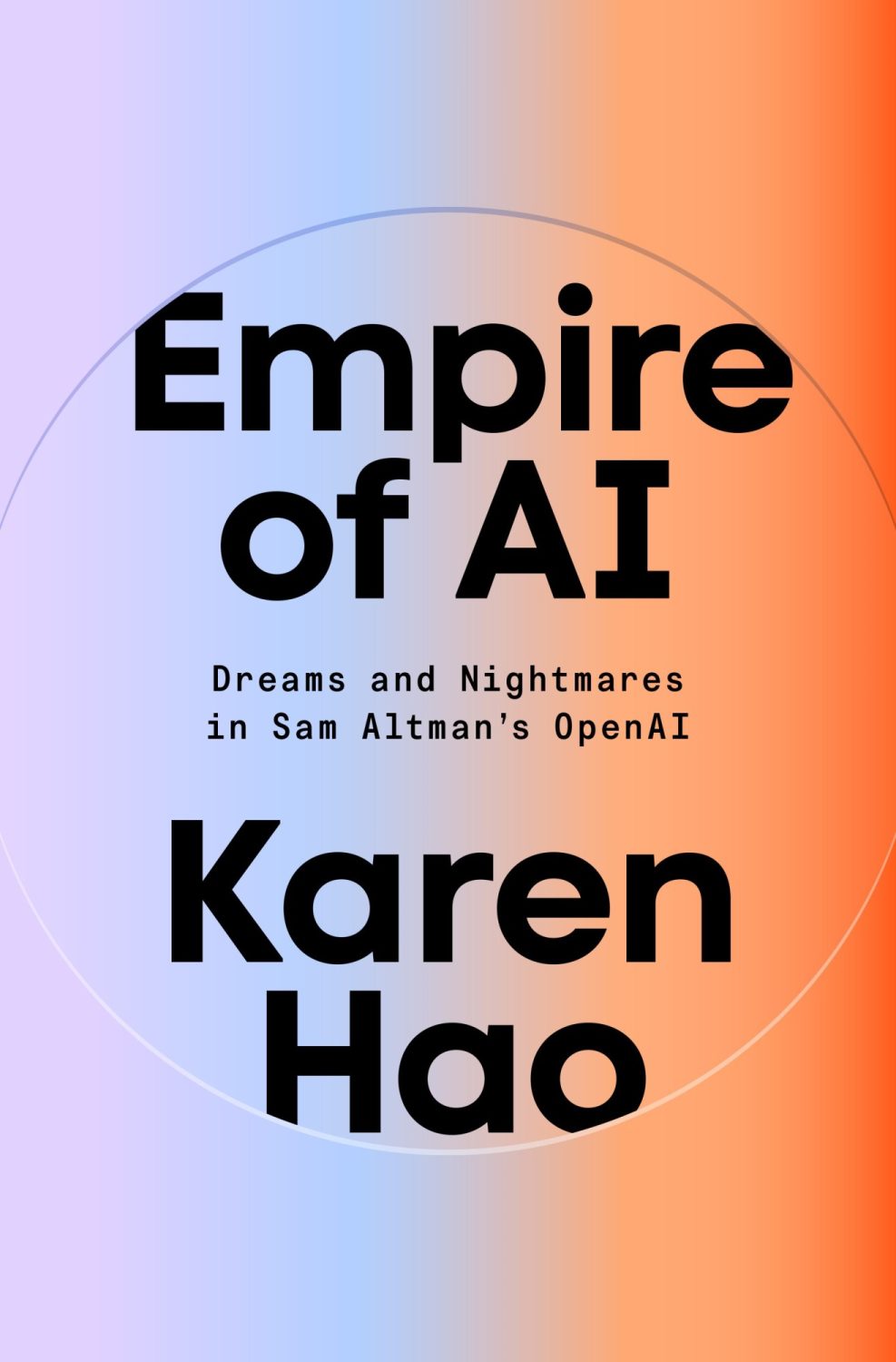
By putting AI into everything, Google wants to make it invisible
If you want to know where AI is headed, this year’s Google I/O has you covered. The company’s annual showcase of next-gen products, which kicked off yesterday, has all of the pomp and pizzazz, the sizzle reels and celebrity walk-ons, that you’d expect from a multimillion dollar marketing event. But it also shows us just…
Read More
AI strategies from the front lines
AI’s potential to transform business is undeniable, but realizing tangible value remains a challenge. This session explores where AI is driving the greatest returns today, how to set and manage realistic expectations, and approaches to overcome cultural and operational inertia. Attendees will gain practical guidance and actionable insights to inform their AI strategies and guide…
Read More
How AI is introducing errors into courtrooms
It’s been quite a couple weeks for stories about AI in the courtroom. You might have heard about the deceased victim of a road rage incident whose family created an AI avatar of him to show as an impact statement (possibly the first time this has been done in the US). But there’s a bigger,…
Read More
AI’s energy impact is still small—but how we handle it is huge
With seemingly no limit to the demand for artificial intelligence, everyone in the energy, AI, and climate fields is justifiably worried. Will there be enough clean electricity to power AI and enough water to cool the data centers that support this technology? These are important questions with serious implications for communities, the economy, and the…
Read More
AI can do a better job of persuading people than we do
Millions of people argue with each other online every day, but remarkably few of them change someone’s mind. New research suggests that large language models (LLMs) might do a better job. The finding suggests that AI could become a powerful tool for persuading people, for better or worse. A multi-university team of researchers found that…
Read More
The real impact of AI on your organization
AI technologies are reshaping work, but not all workflows or roles will be equally transformed. Discover how AI is changing the way we work, given the technical capabilities and limitations of today’s systems. Through real-world use cases and strategic insights, this session equips business leaders with the knowledge to prioritize investments and identify the technologies…
Read More
Inside the story that enraged OpenAI
In 2019, Karen Hao, a senior reporter with MIT Technology Review, pitched me on writing a story about a then little-known company, OpenAI. It was her biggest assignment to date. Hao’s feat of reporting took a series of twists and turns over the coming months, eventually revealing how OpenAI’s ambition had taken it far afield…
Read More
Google DeepMind’s new AI agent uses large language models to crack real-world problems
Google DeepMind has once again used large language models to discover new solutions to long-standing problems in math and computer science. This time the firm has shown that its approach can not only tackle unsolved theoretical puzzles, but improve a range of important real-world processes as well. Google DeepMind’s new tool, called AlphaEvolve, uses the…
Read More
Police tech can sidestep facial recognition bans now
Six months ago I attended the largest gathering of chiefs of police in the US to see how they’re using AI. I found some big developments, like officers getting AI to write their police reports. Today, I published a new story that shows just how far AI for police has developed since then. It’s about…
Read More
How a new type of AI is helping police skirt facial recognition bans
Police and federal agencies have found a controversial new way to skirt the growing patchwork of laws that curb how they use facial recognition: an AI model that can track people using attributes like body size, gender, hair color and style, clothing, and accessories. The tool, called Track and built by the video analytics company…
Read More